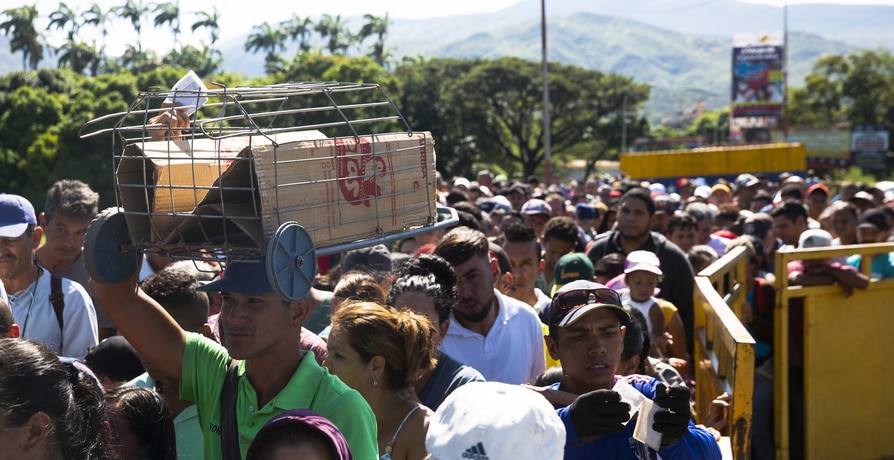
The latest special issue of the Harvard Data Science Review highlights the pivotal role data science plays in deepening our understanding of migration and supporting displaced populations. By countering misinformation and uncovering critical insights, data science is shaping more effective, humane responses to global migration challenges.
This special issue reflects a powerful collaboration that underscores the value of data-driven approaches in humanitarian efforts. Several members of our team contributed to this important conversation:
— Former Board Member Tolu Olubunmi shares her personal immigrant journey in “When Lions Write: An American Immigrant Story.” Her powerful testimony illustrates how hope can empower migrants to overcome adversity and build the lives they envision and deserve.
— In “How Can Data Science Revolutionize Humanitarian Crises?” Co-Editors Liberty Vittert and Rita Ko examine how academic and industry partnerships can address forced displacement. With over 82 million people currently displaced, they advocate for innovative data science approaches to combat harmful narratives surrounding migration, particularly those that gained traction during the COVID-19 pandemic.
— Former Board Chairman James N. Purcell explores the evolving role of humanitarian aid in “The Humanitarian Journey: From Root Causes to Recovery.” He reflects on how improved data systems can better respond to the escalating number of global crises—both present and future.
Collaborations like this one—where academic institutions and practitioners create space for open dialogue—are essential to addressing the world’s most urgent humanitarian needs. Migration, as both a historical and contemporary force, reminds us of the resilience and potential of people on the move, and how much we can learn from their experiences.